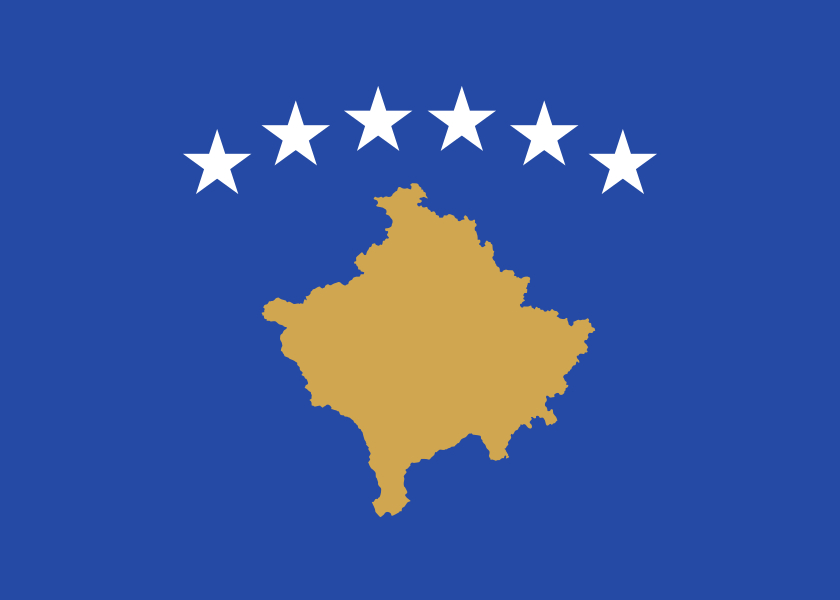Feasibility study on the deployment opportunities of webSCADA-based process control and automation systems within the operational area of seven Kosovan regional water utility companies
Beneficiary Country:
Short description of the overall project
In Kosovo, seven regional water utility companies provide drinking water to the population and carry out wastewater treatment activities. Six regional water utility companies have no SCADA system (Pristina Waterworks has it in operation). Beneficiary sees a significant market opportunity to introduce SCADA systems but currently there are no assessments or feasibility studies available regarding which facilities could be included in such a system. Fitting the scope of this tender, the company intends to prepare a feasibility study for each water utility company with the aim of identifying the automation possibilities of wells, pumps, reservoirs, water treatment and wastewater treatment plants belonging to the local drinking water and sewerage network, as well as the development of process control, remote monitoring and GPRS communication options using webSCADA software. The Western Balkan region is currently lagging behind in the adoption of SCADA systems but it has become apparent that more and more water utility companies present the need to introduce similar innovative solutions in order to significantly reduce operating costs and increase supply stability and operational safety.
Short description of activities financed by the donation
As a result of the installation of SCADA systems, the energy consumption of a water utility company can be significantly reduced and optimised. Energy demand and the use of chemicals can be reduced, which translates into cost reduction for the operator. When using SCADA systems, it is possible to adapt production capacities to consumer demand, so that there is no unnecessary water extraction. Operational safety can be increased and human errors can be almost completely ruled out. For these reasons, the supply of clean drinking water to the population becomes much safer. Several water utility companies are projecting to introduce integrated process management systems and wish to work with companies who not only provide appropriate preparation and training but are available for follow-up and assistance even after completing the implementation. After carrying out the study, beneficiary would like to keep close observation on the business development strategies of water utility companies and jointly generate sources of funding to start the physical implementation of projects.



